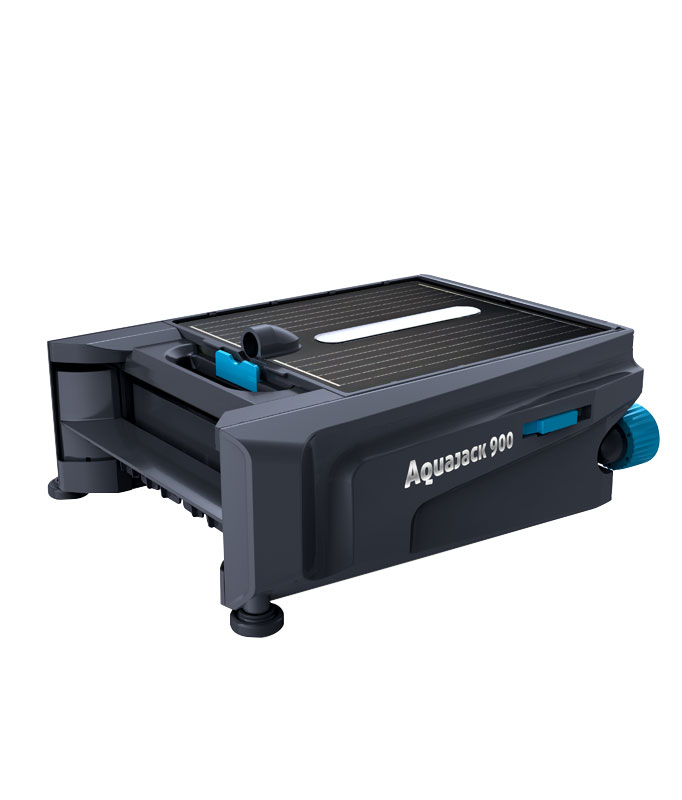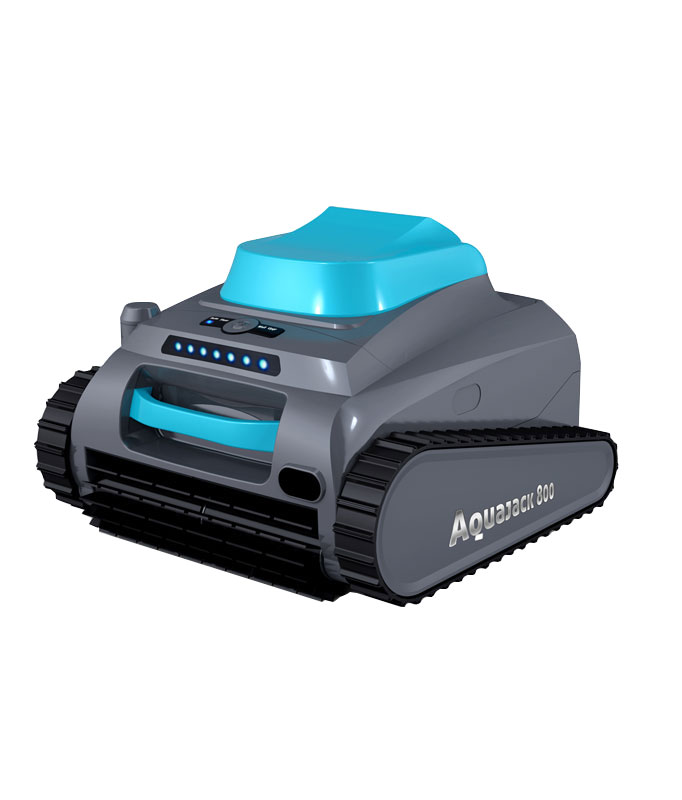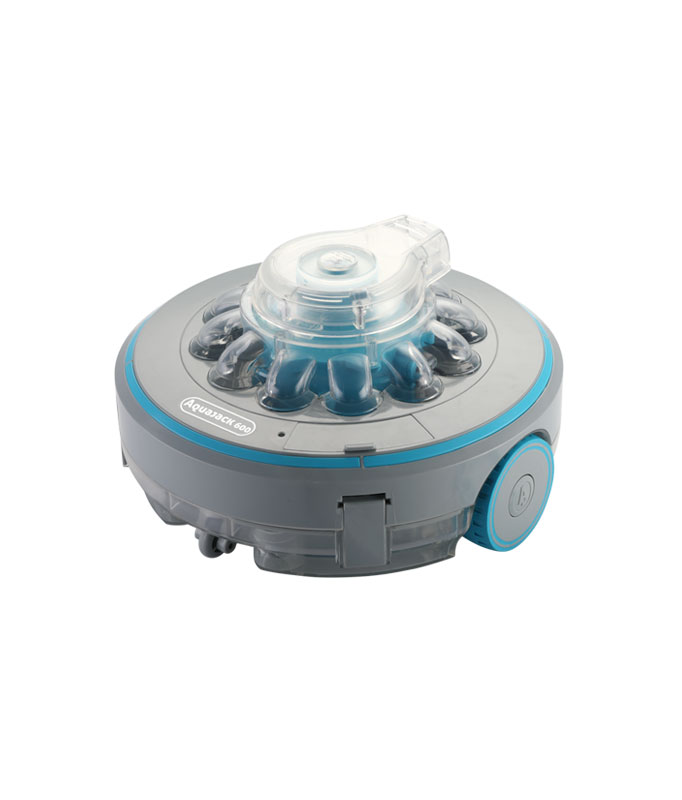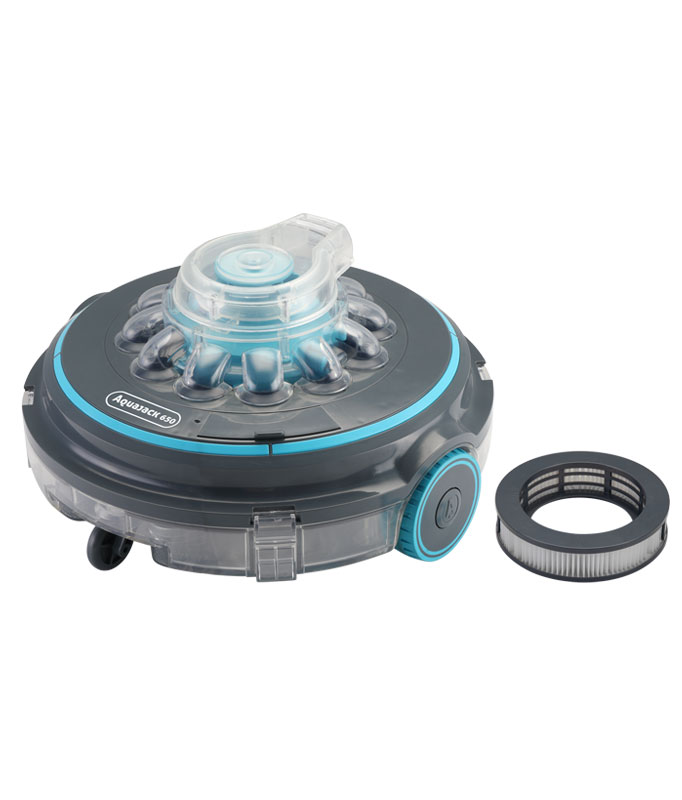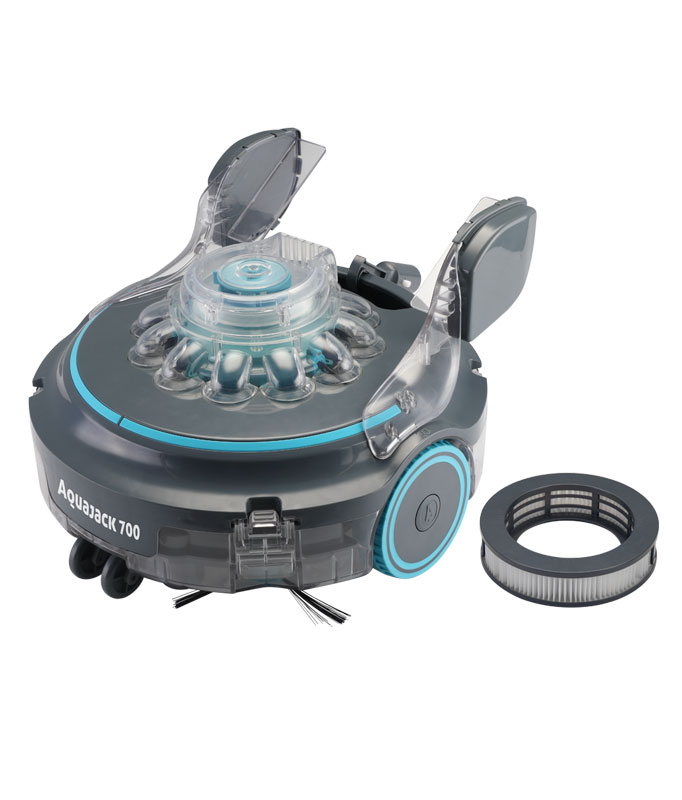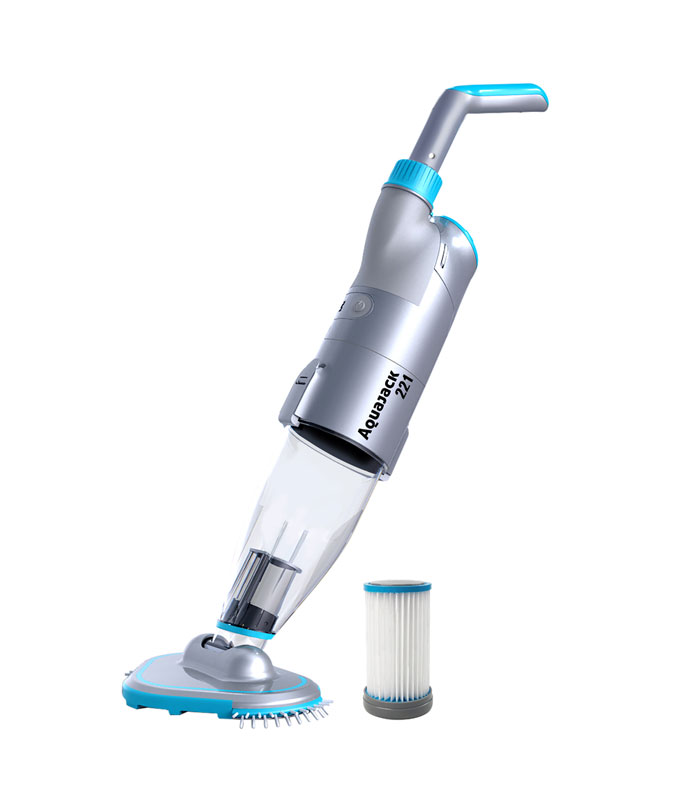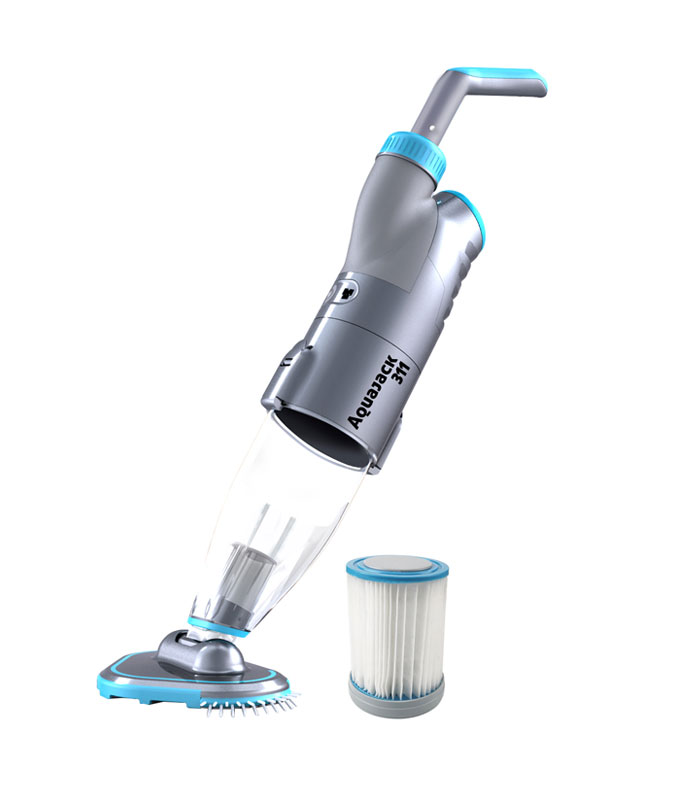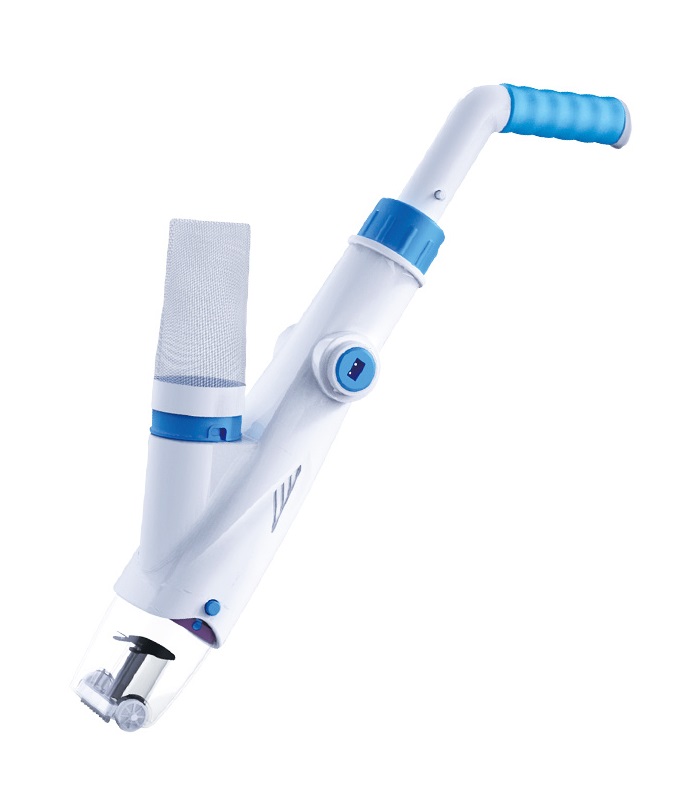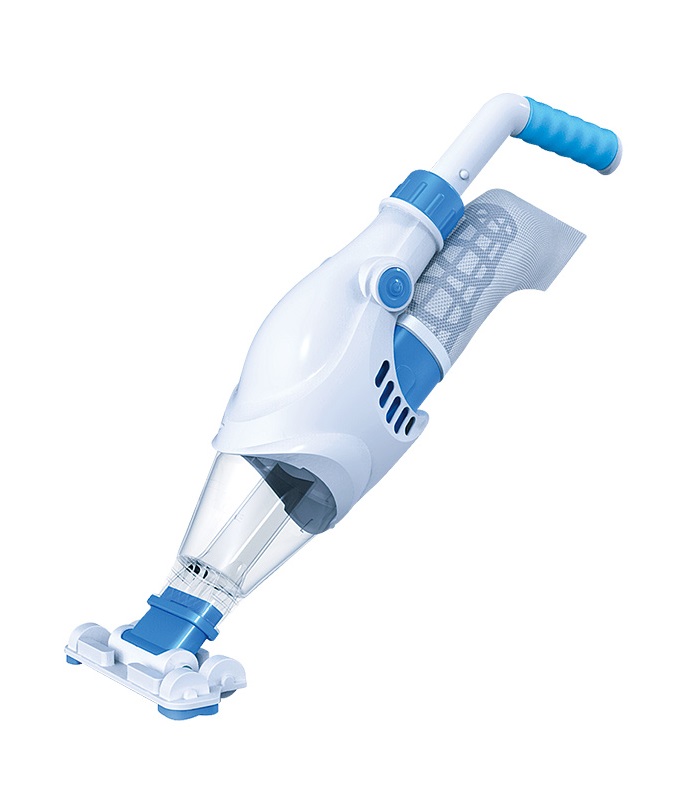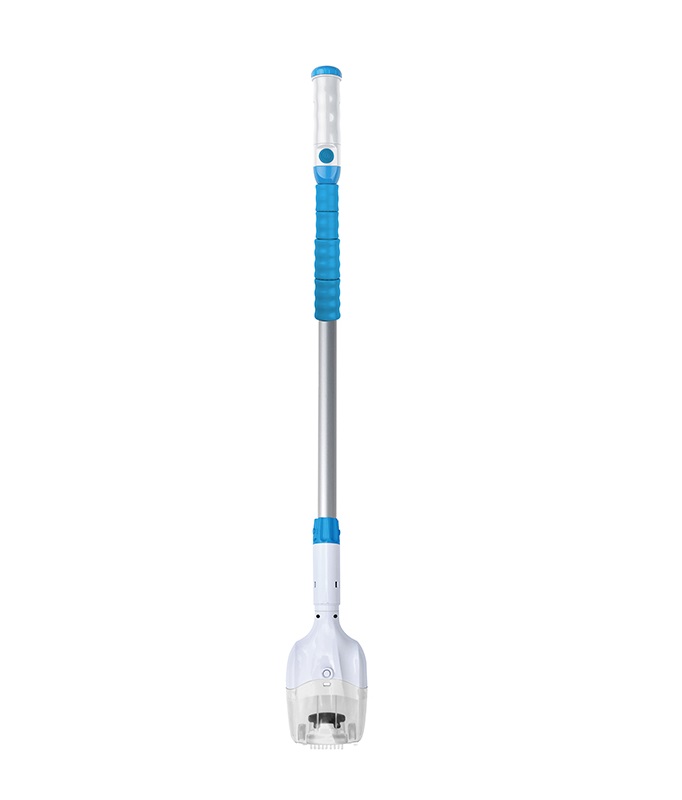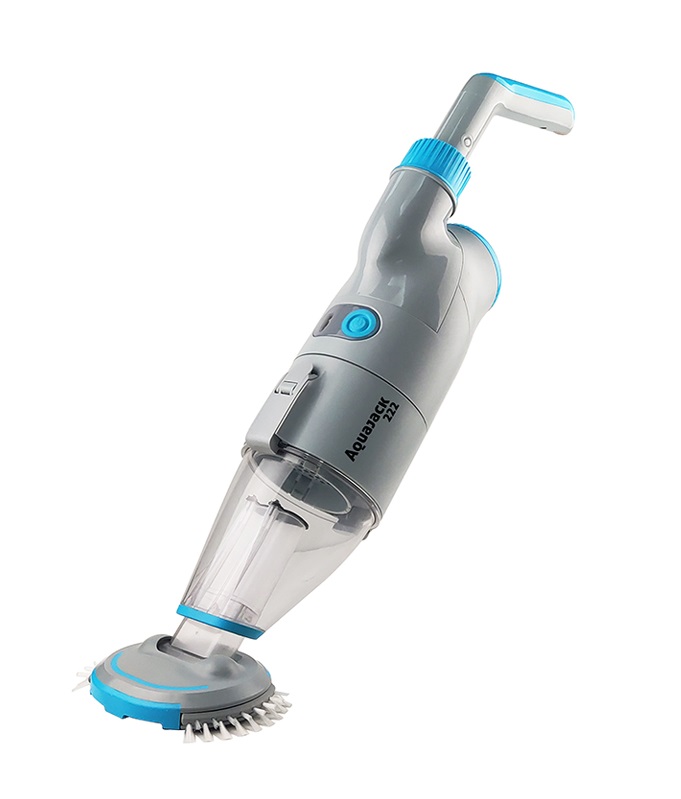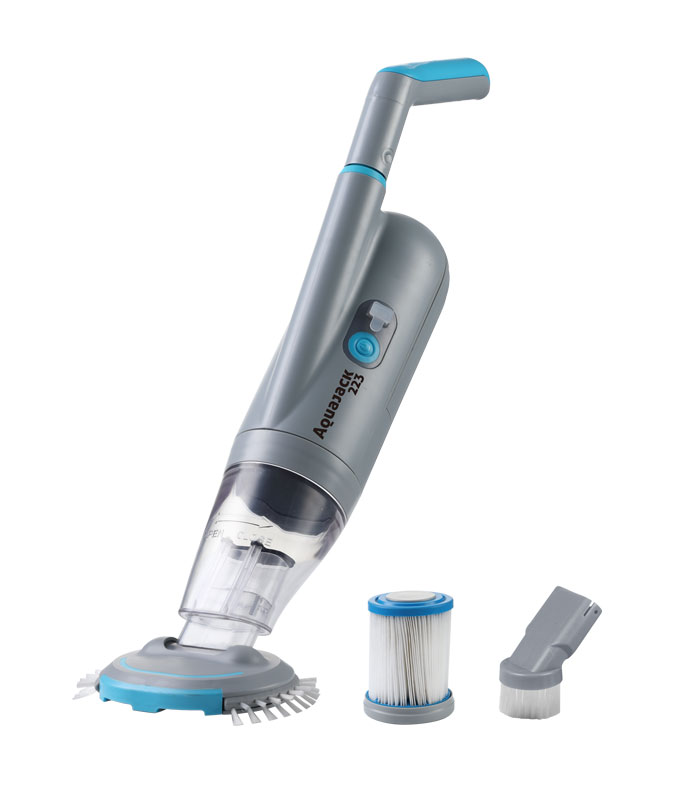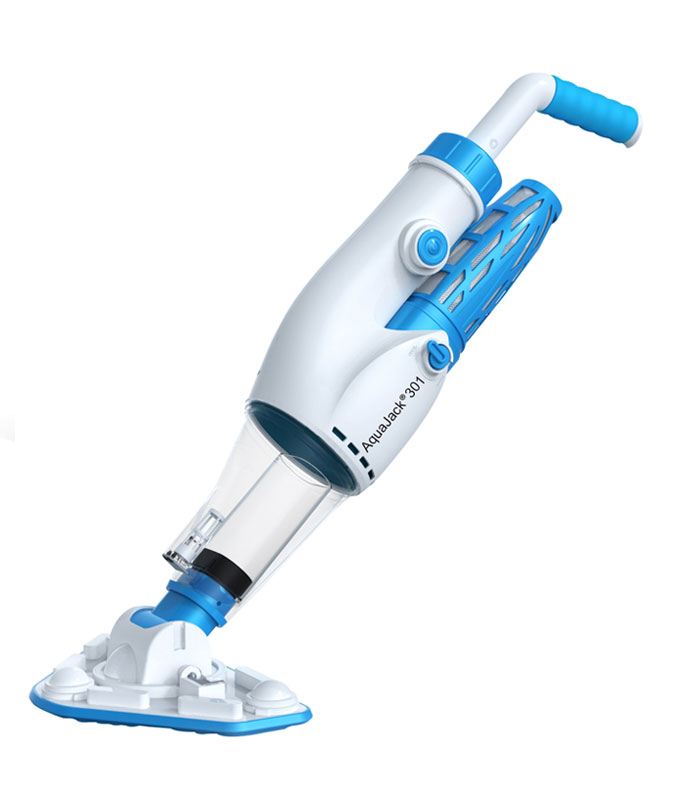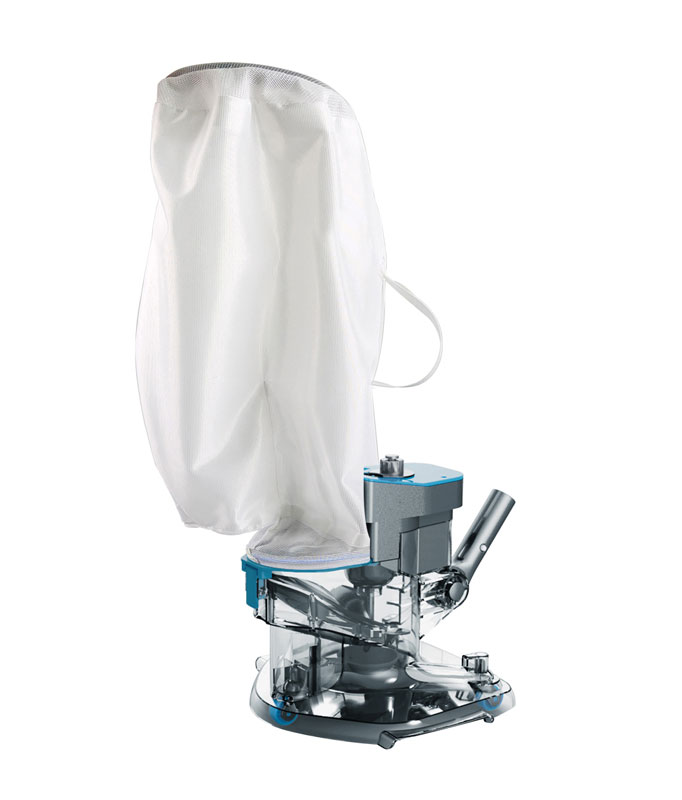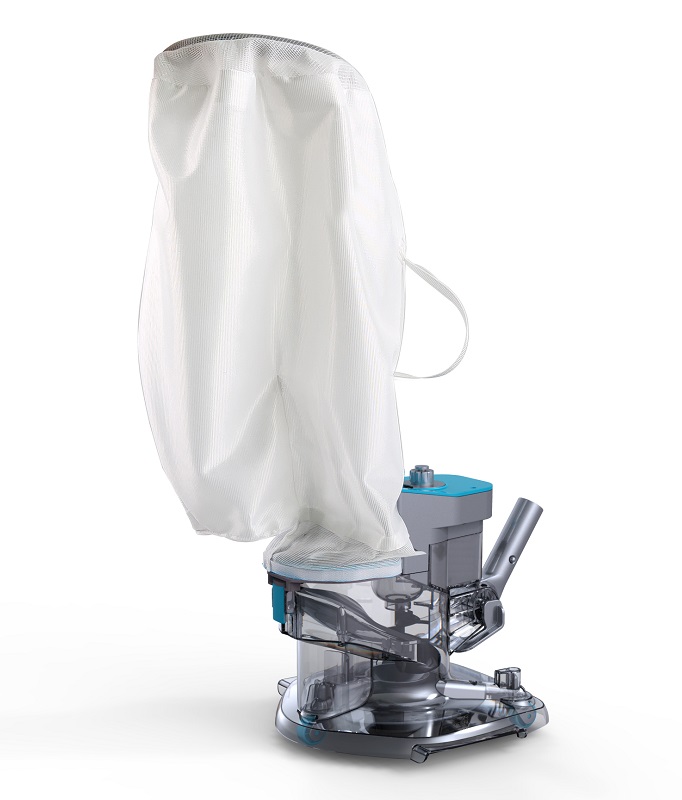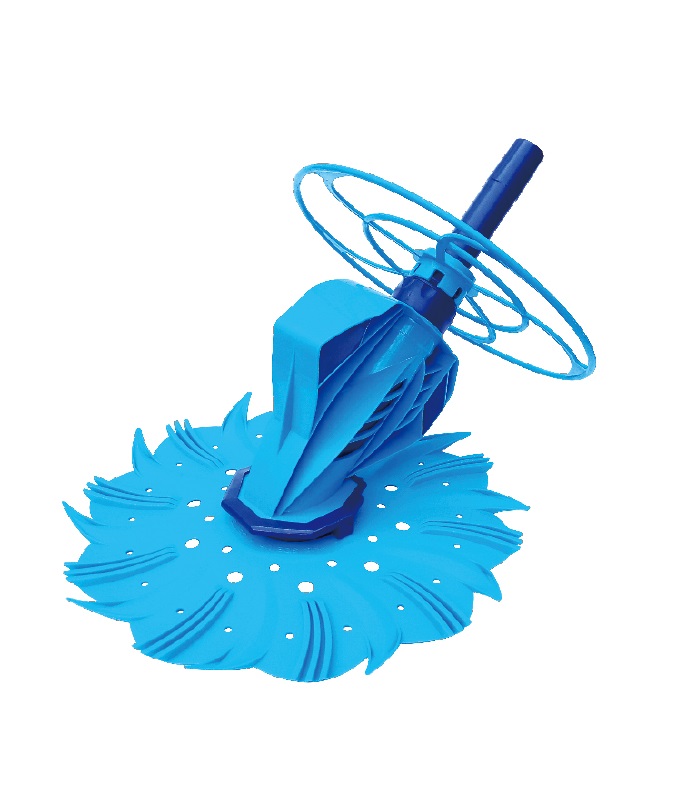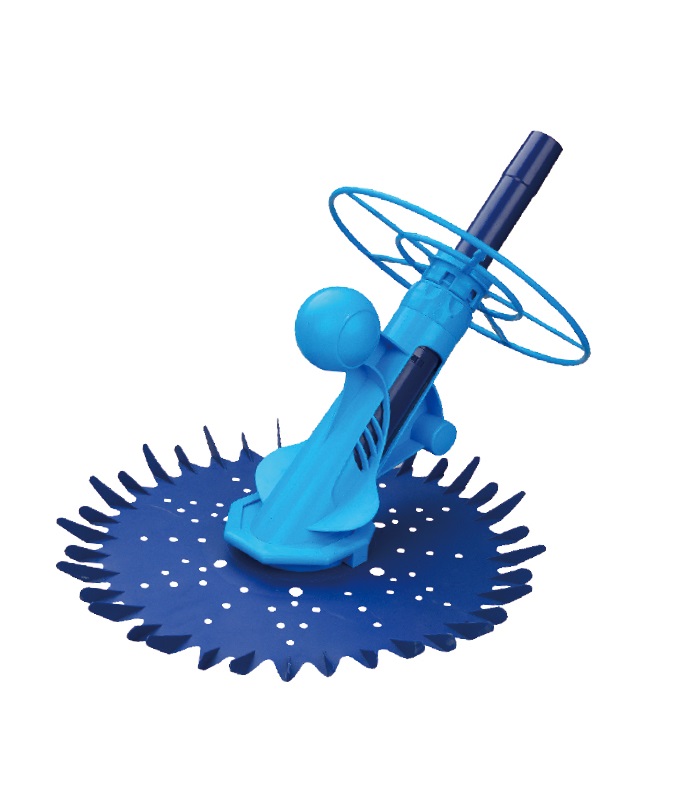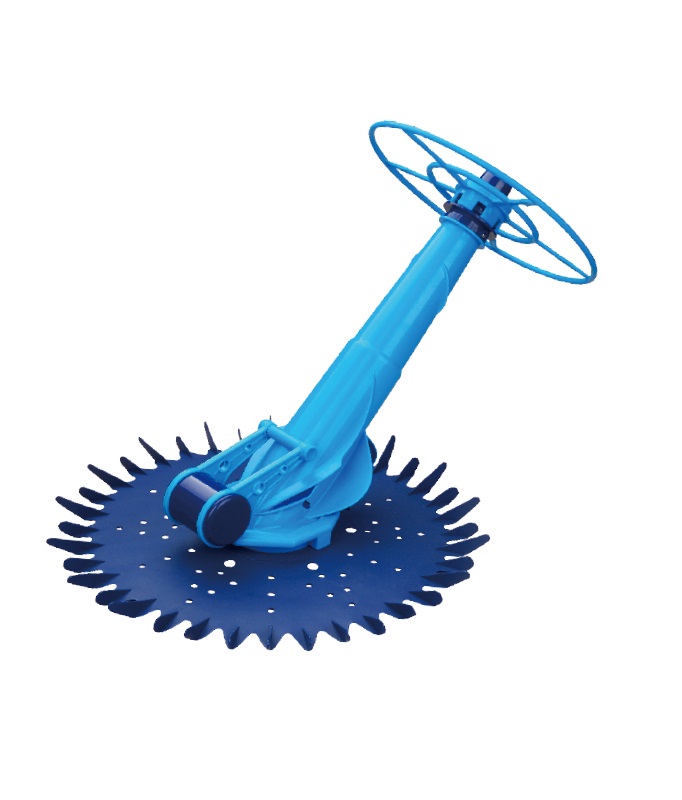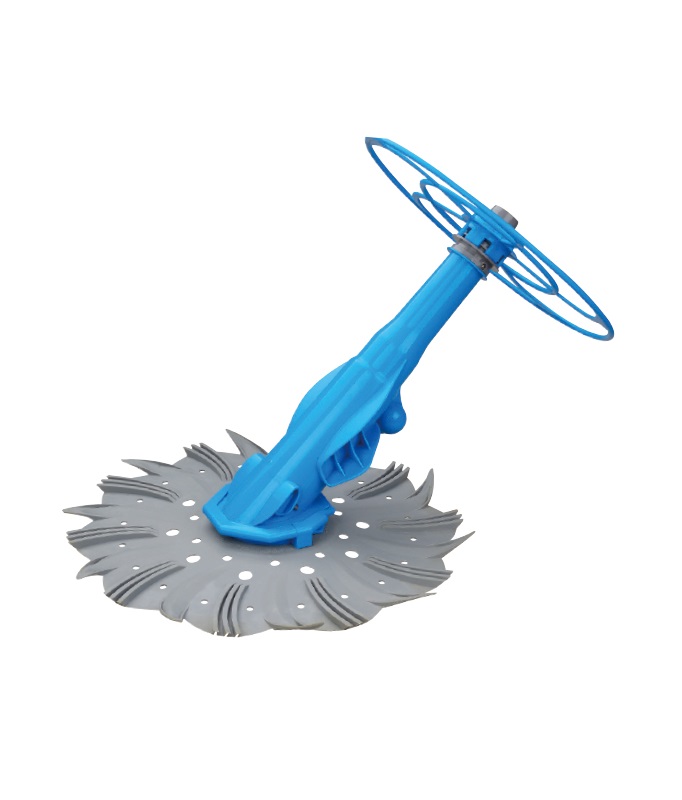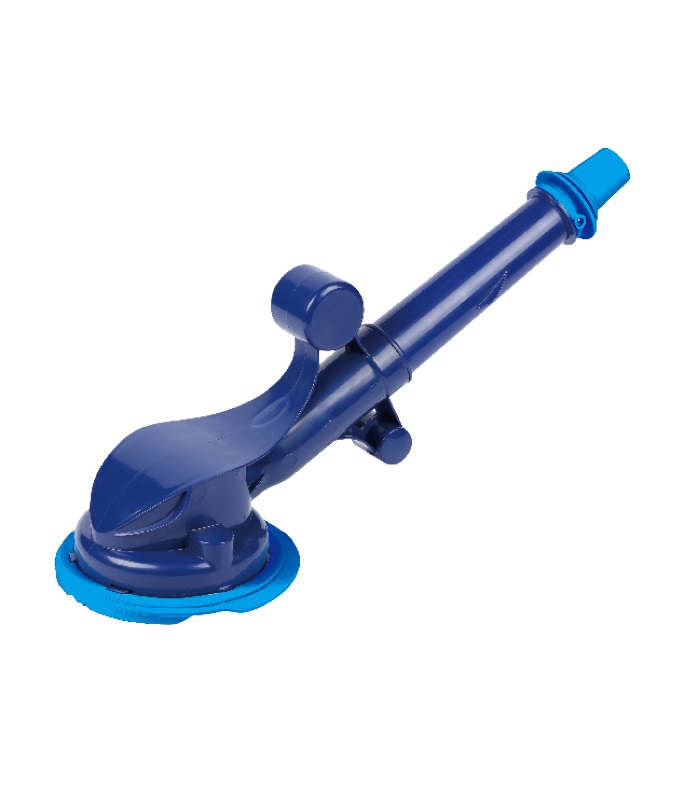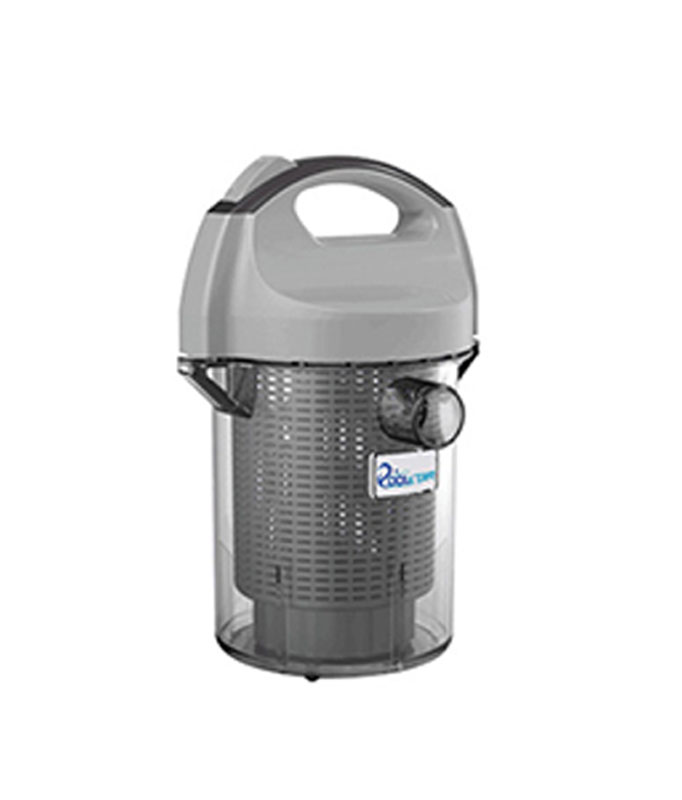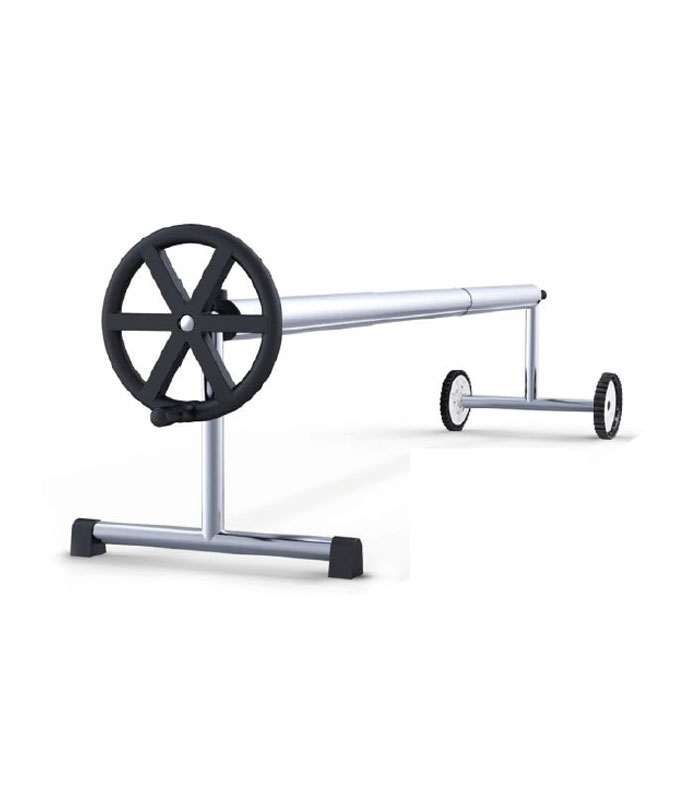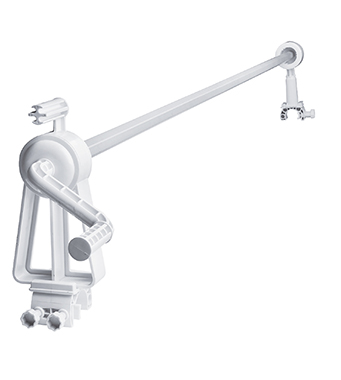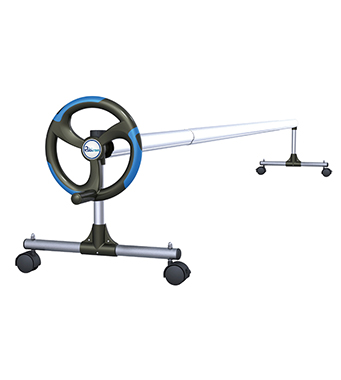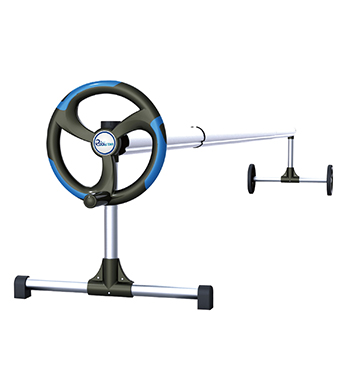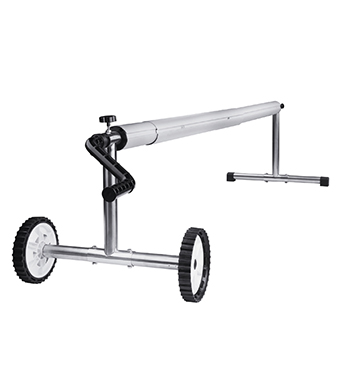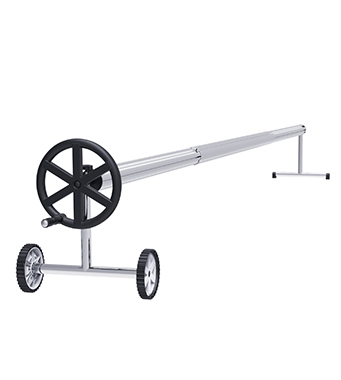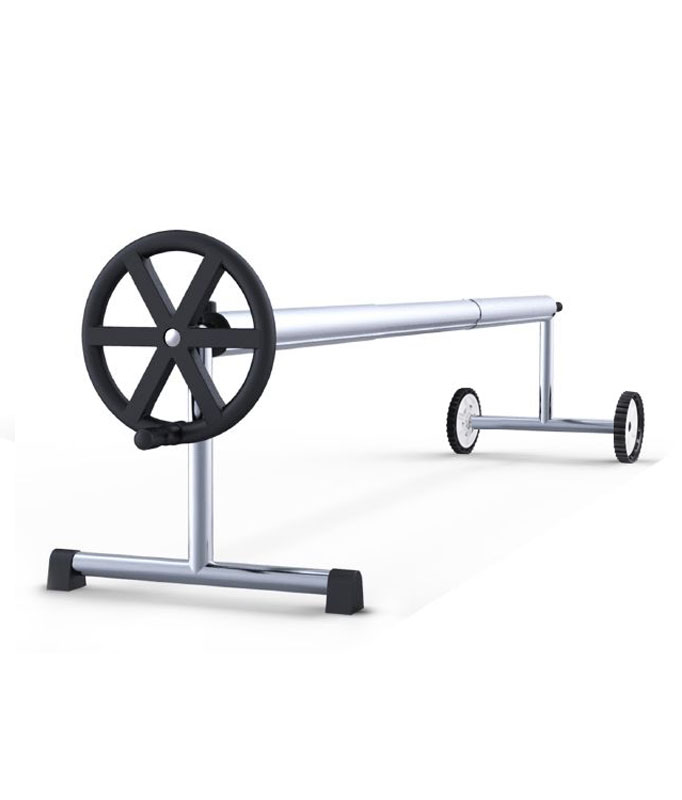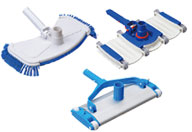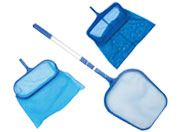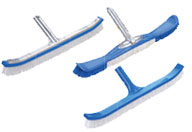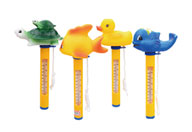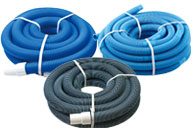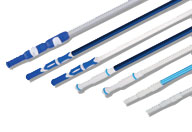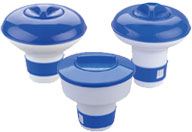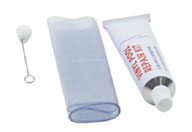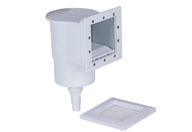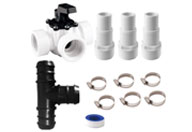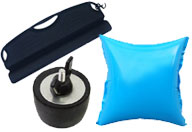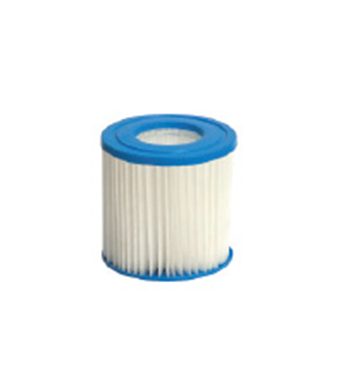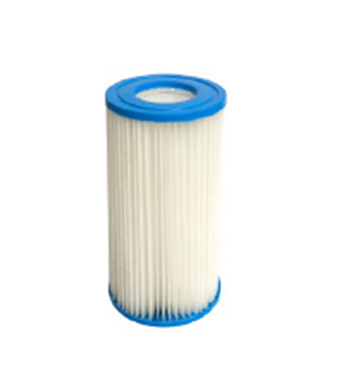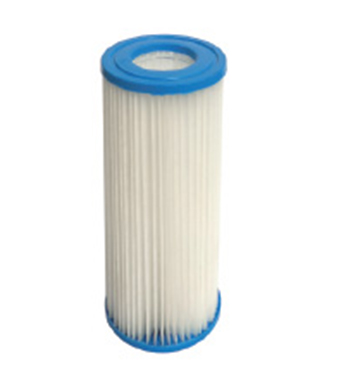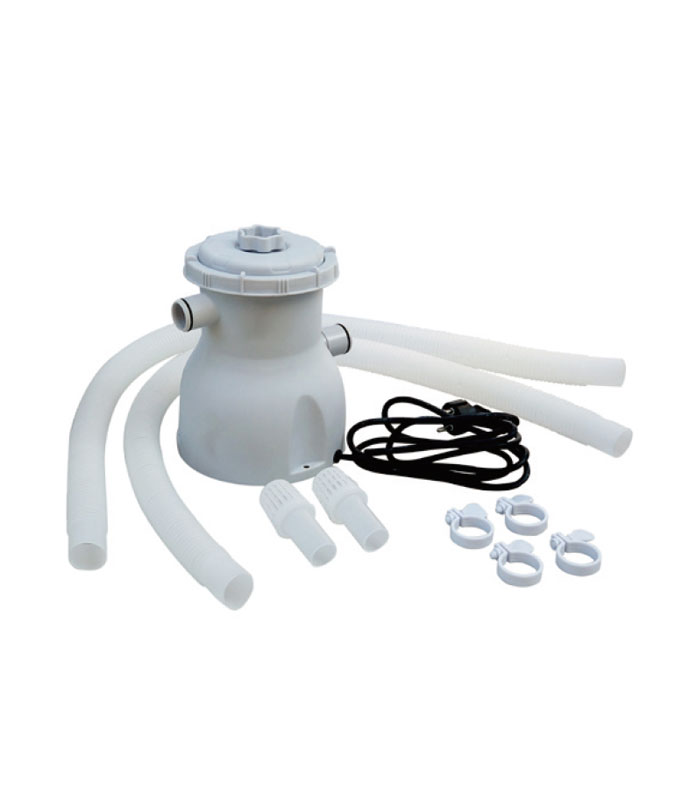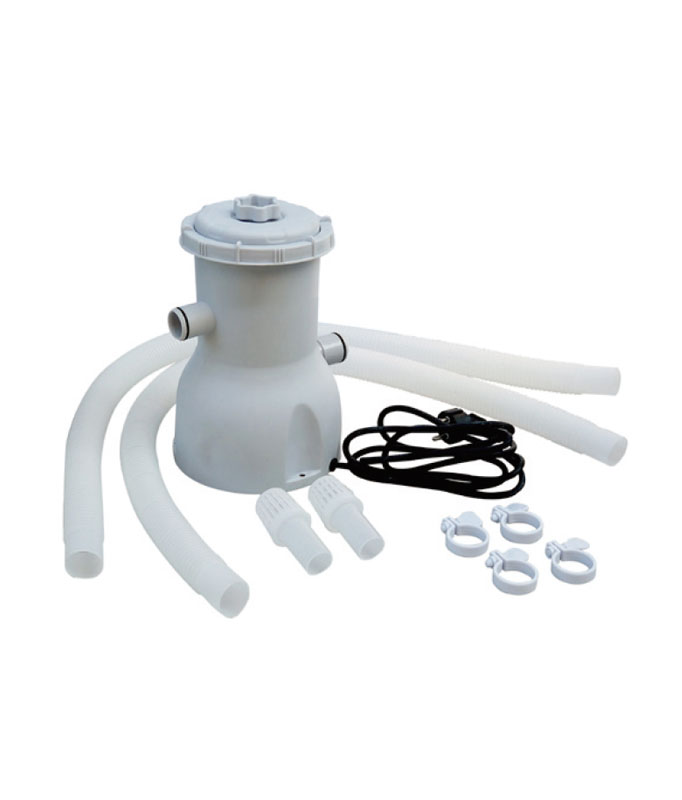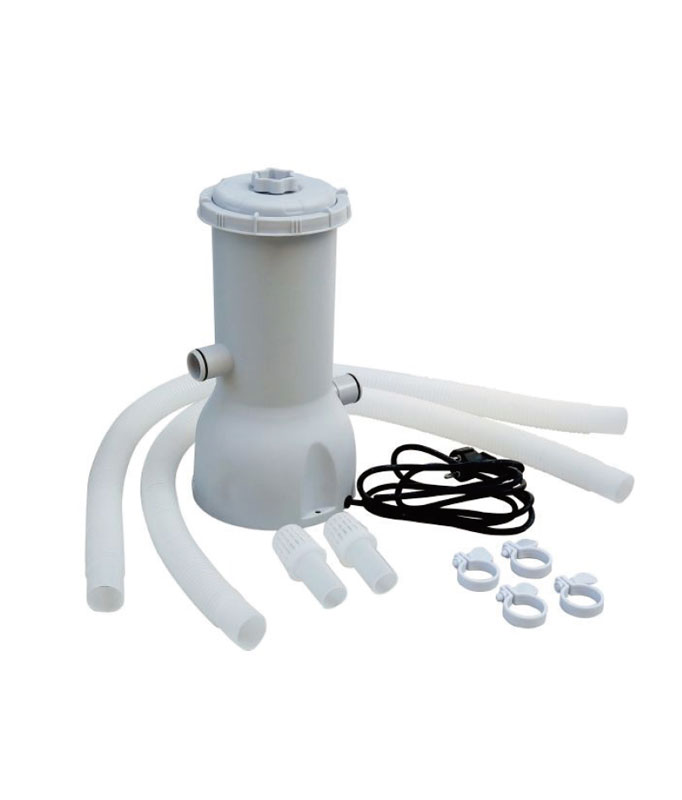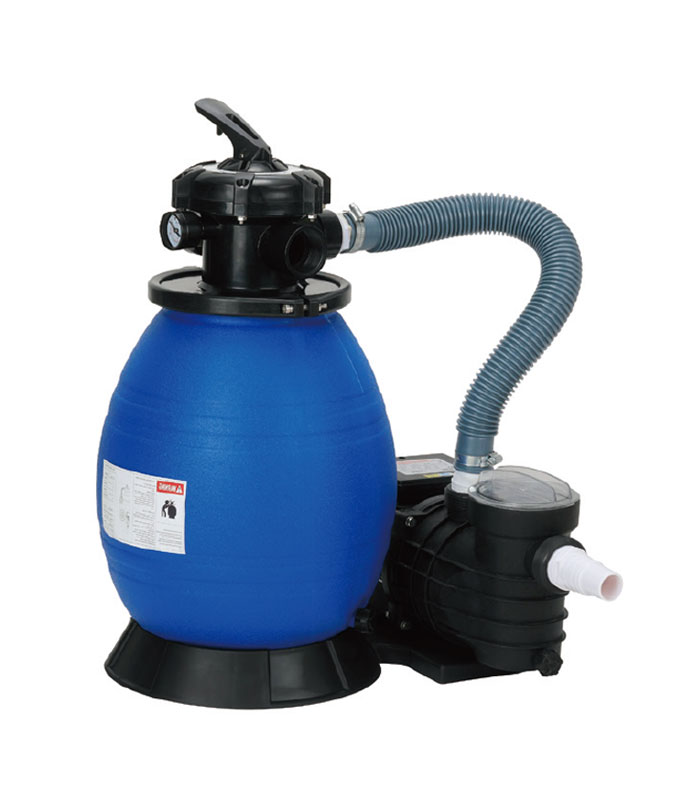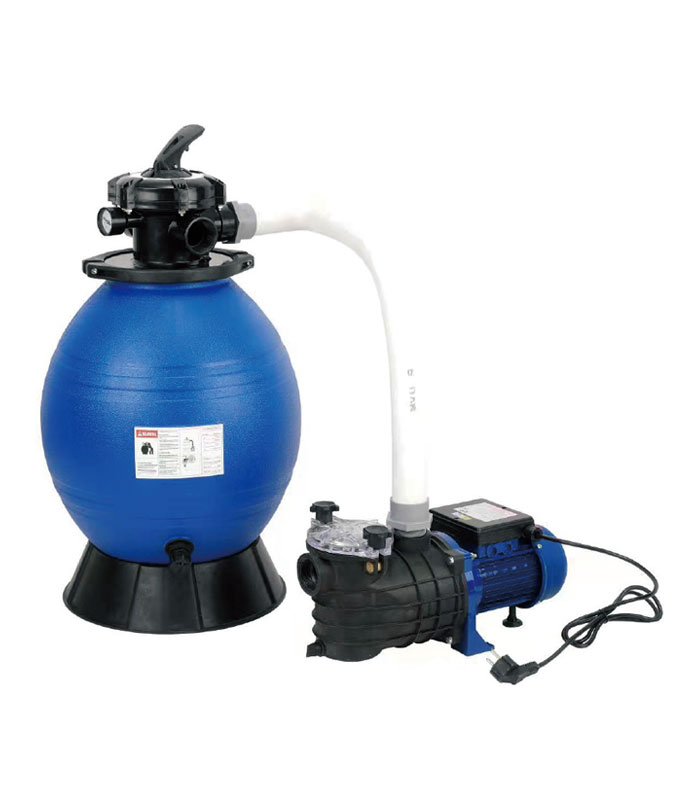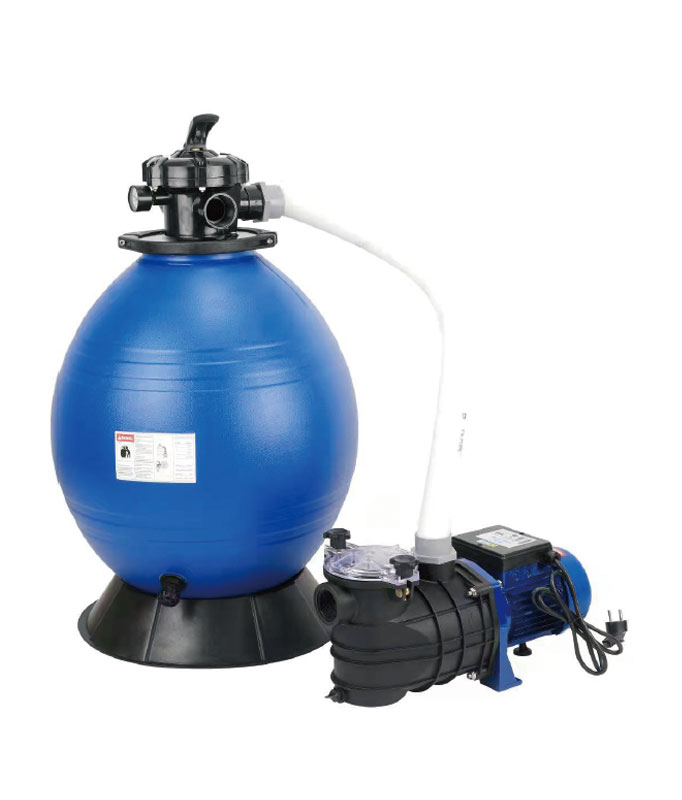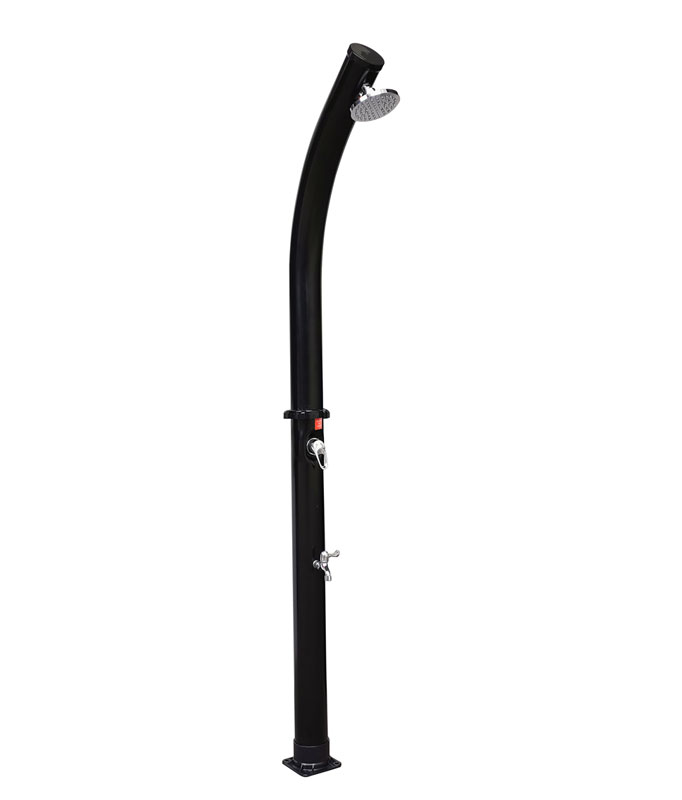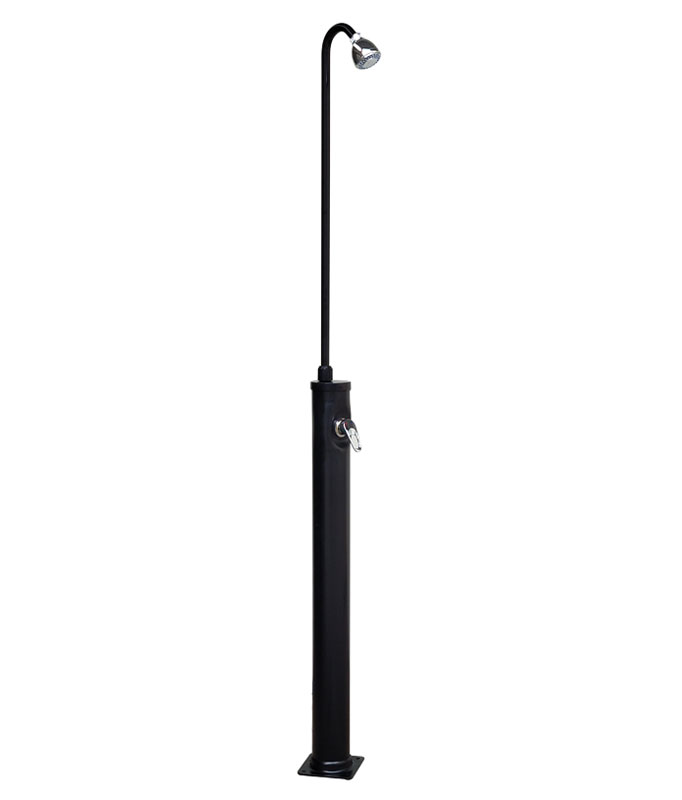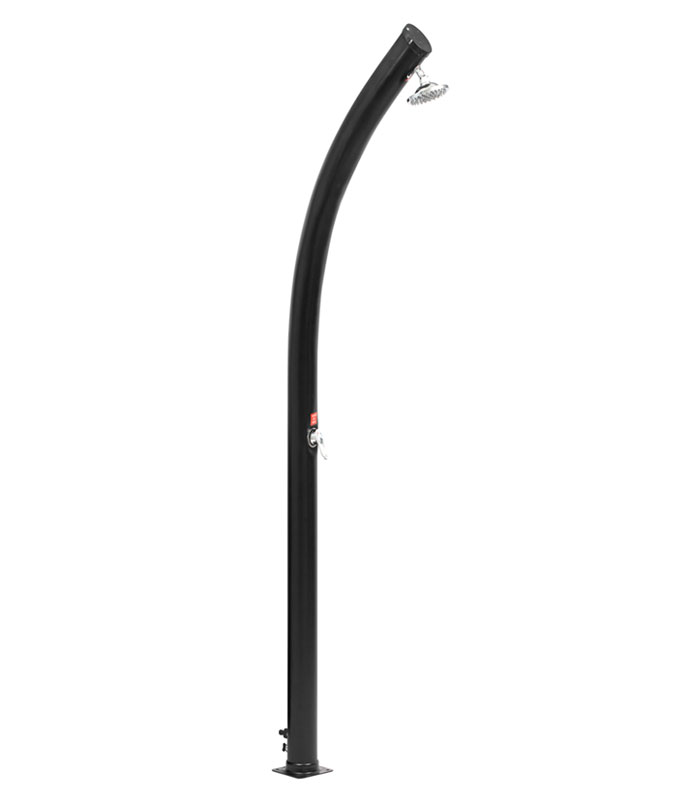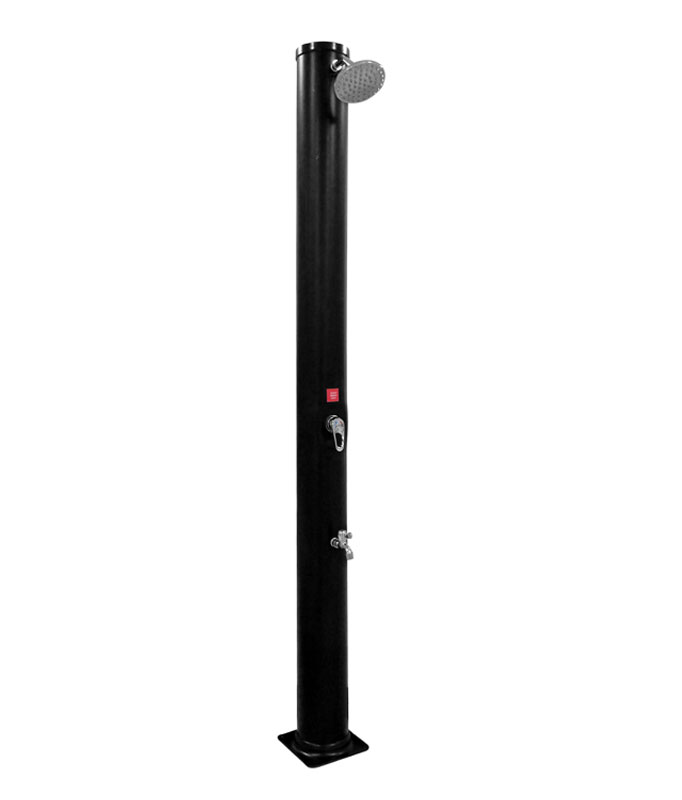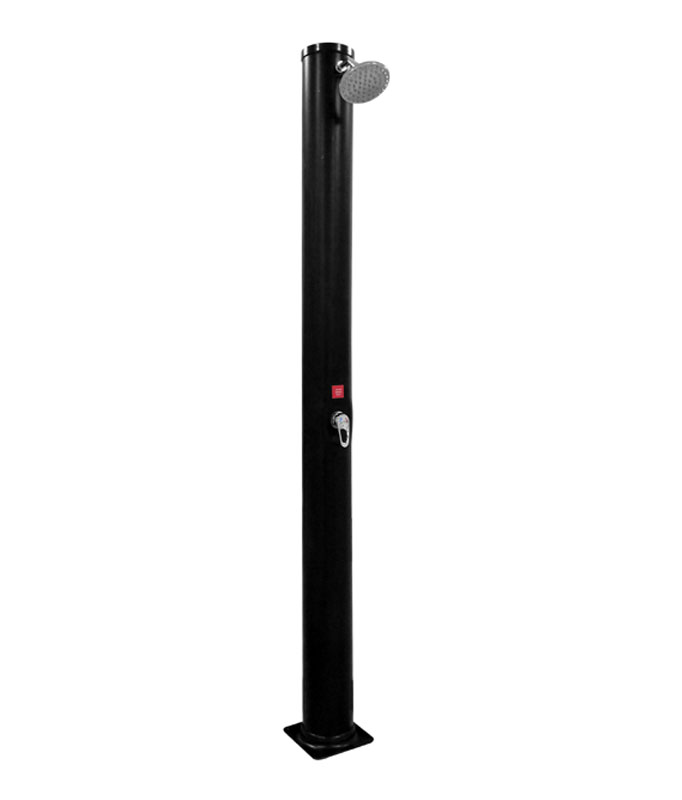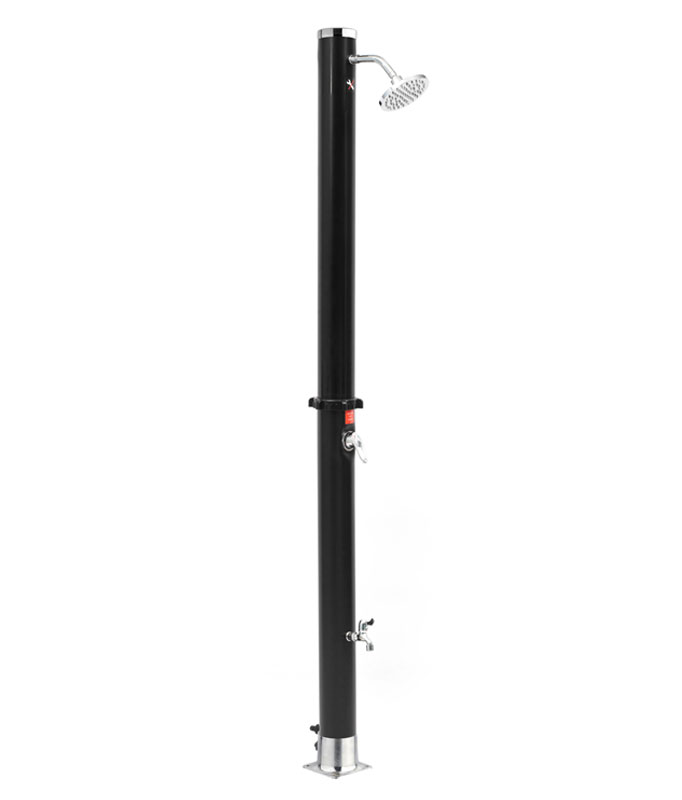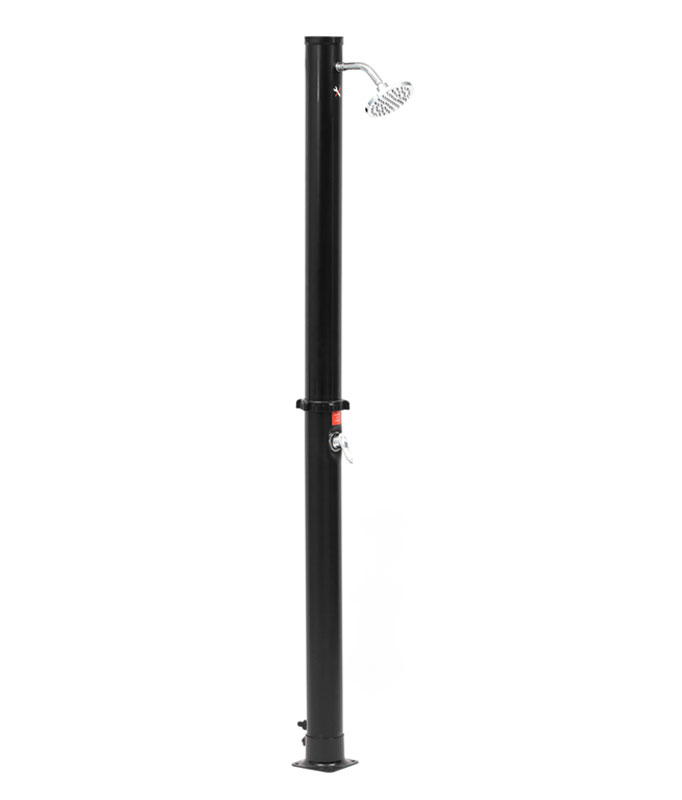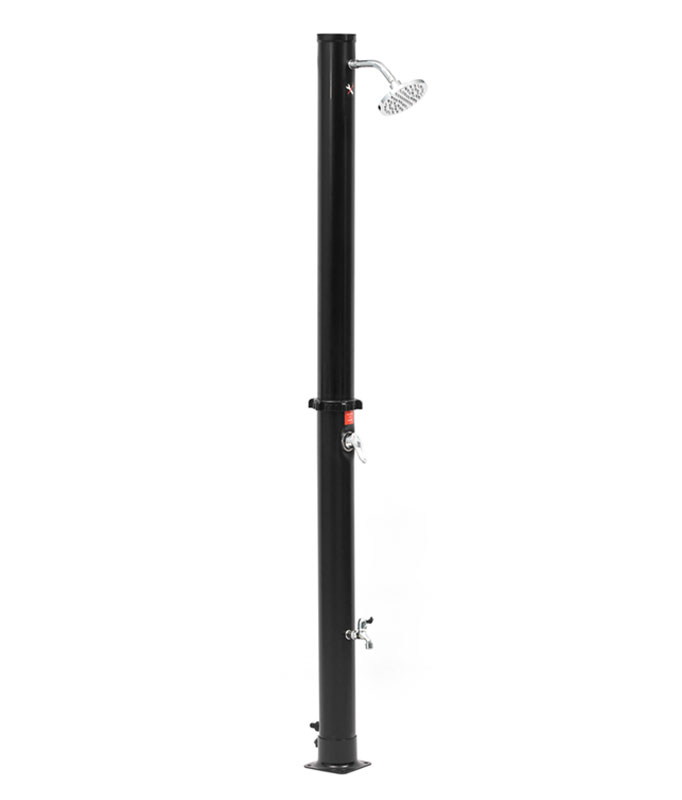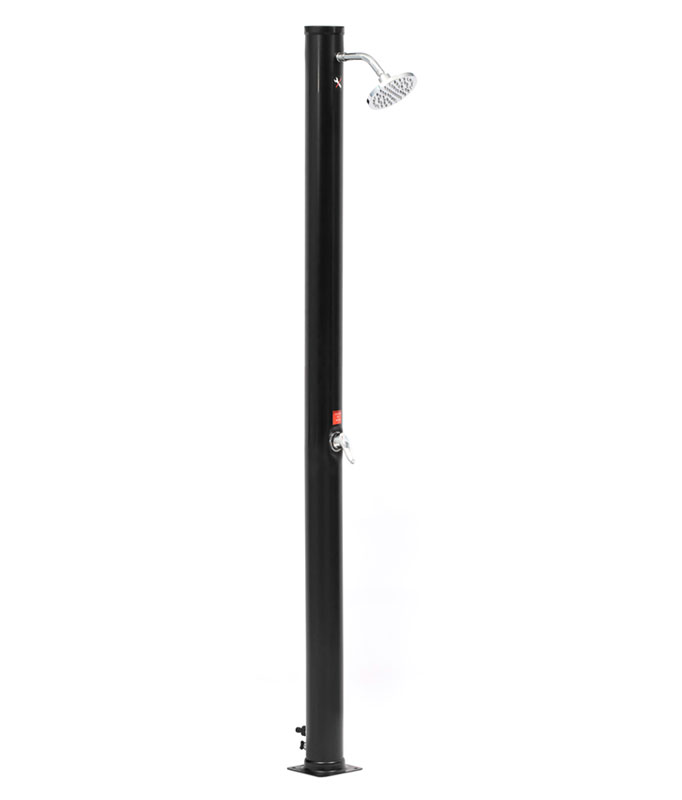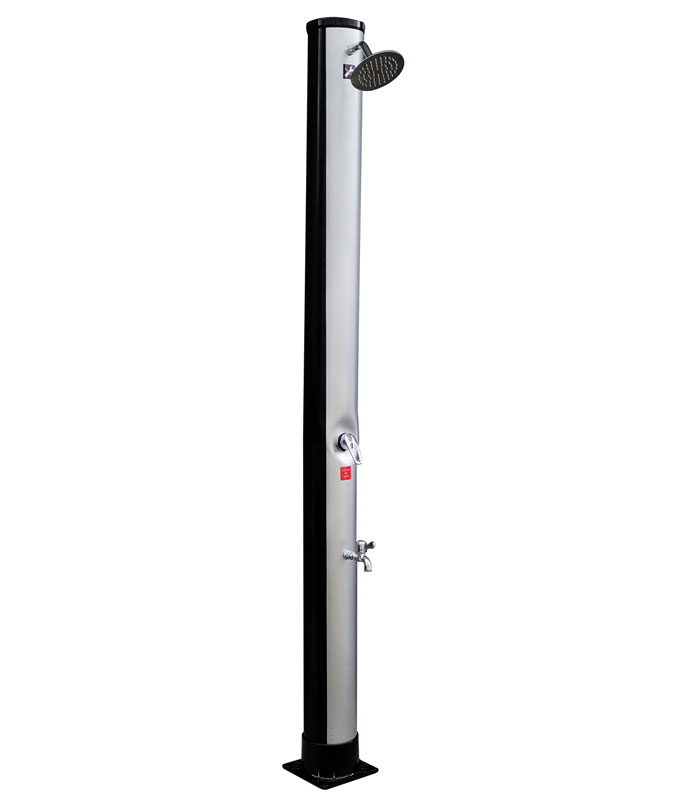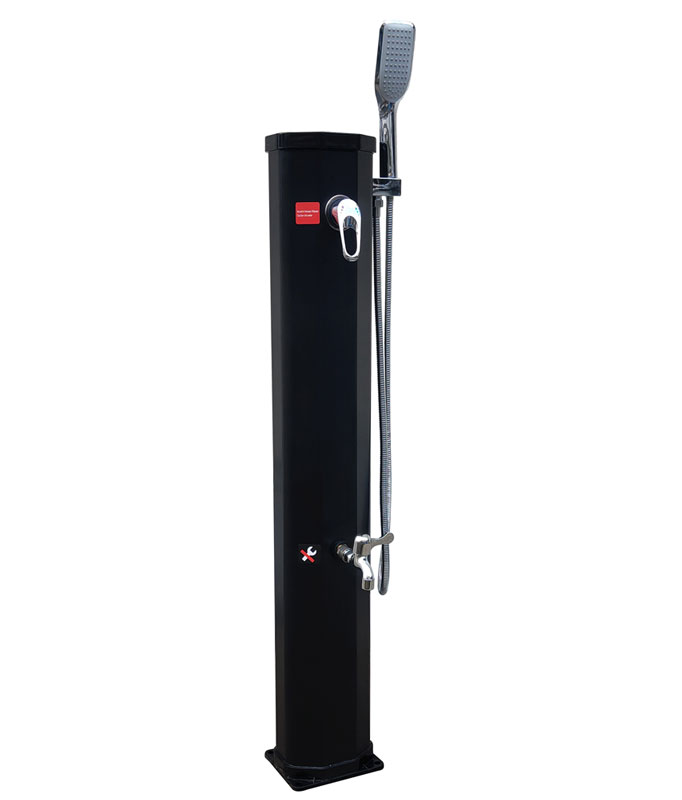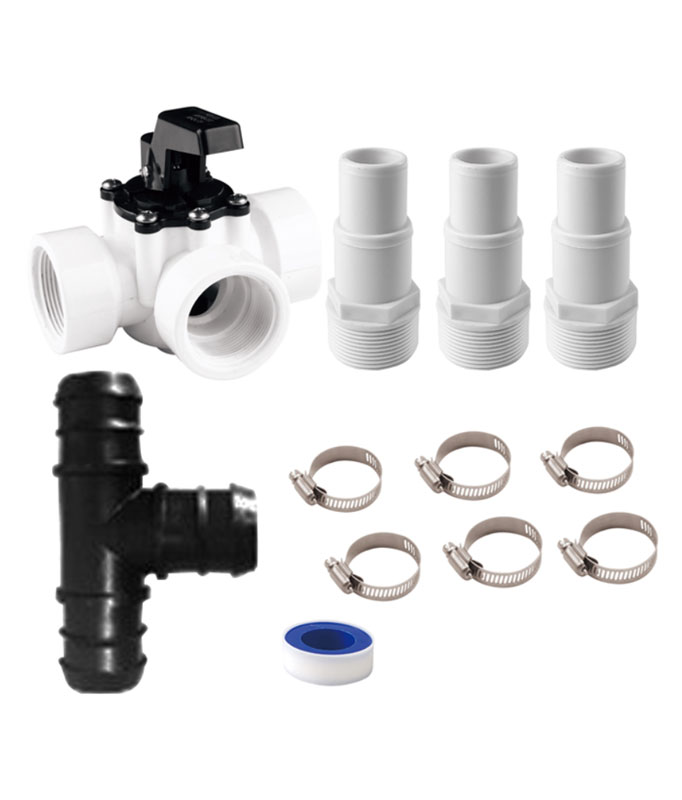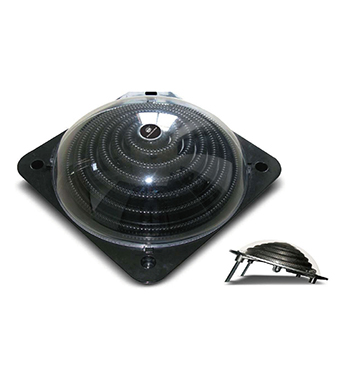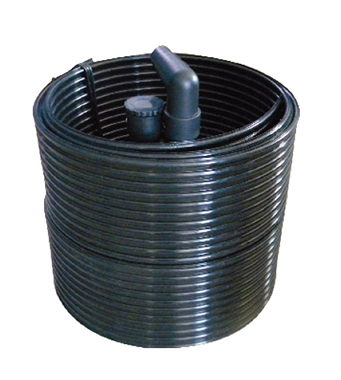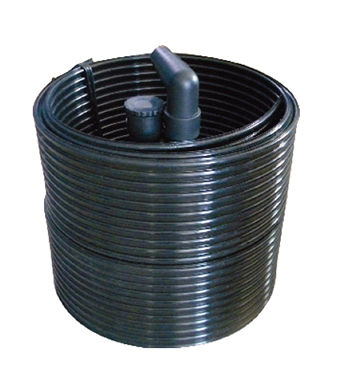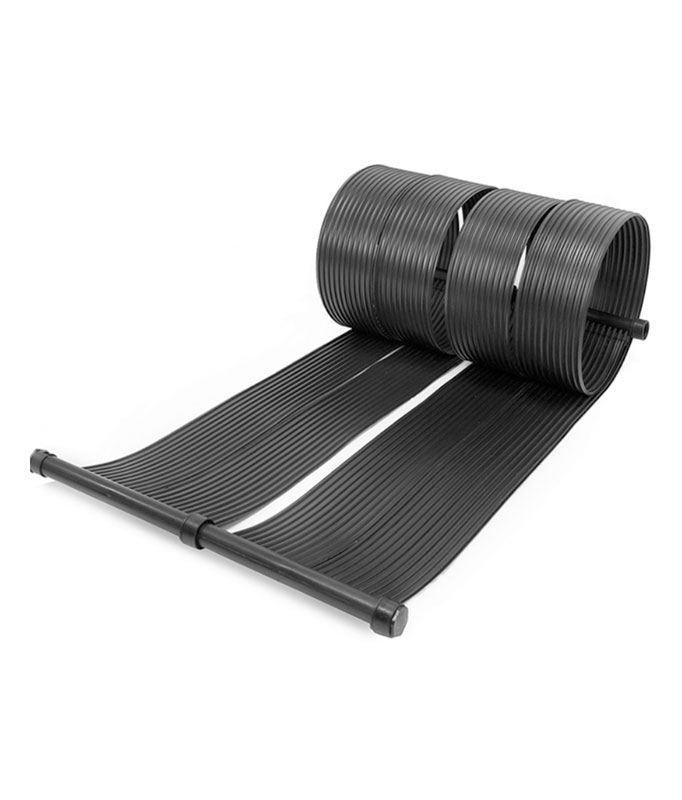New pool vacuum filter technology in 2025 raises cleaning standards. Anti-Clog Architecture: Portable Pool Vacuum’s Self-Cleaning Filter Pathway lets users clean pools quickly. Many people now choose efficient models, such as those found at https://www.cnpoolstar.com/product/aquajack211-handheld-swimming-pool-vacuum-cleaner-10.html, for better maintenance and user satisfaction.
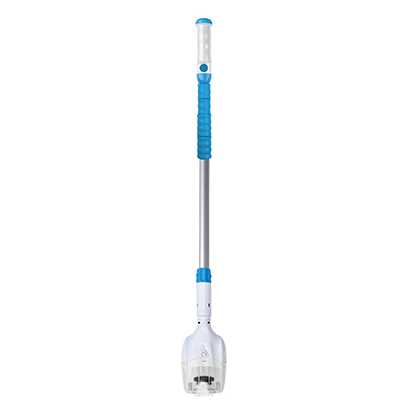
Key Takeaways
- New pool vacuum filters use smart AI and self-cleaning designs to clean pools faster and with less effort.
- Anti-clog technology keeps filters clear, improves suction, and extends filter life for reliable, long-lasting cleaning.
- Eco-friendly materials and energy-saving features help protect the environment while lowering maintenance and costs.
Smart Filtration Systems
AI-Driven Debris Detection
AI-driven debris detection changes how pool owners clean their pools. These systems use smart sensors and machine learning. The sensors scan the pool for leaves, dirt, and even small particles. The AI learns the pool’s cleaning patterns over time. It then adjusts the cleaning path to target the dirtiest spots first. This technology helps the vacuum avoid clean areas and focus on where debris collects most.
Tip: AI-driven systems can save time and energy. They help the vacuum finish cleaning faster and use less power.
Manufacturers design these systems to work in all pool shapes and sizes. The AI can even detect new types of debris after storms or heavy use. Pool owners see cleaner water and less manual work.
Automated Self-Cleaning Filters
Automated self-cleaning filters keep the vacuum running smoothly. These filters shake, spin, or flush themselves during operation. The system removes trapped dirt without stopping the cleaning process. This means the vacuum does not clog as often.
- Self-cleaning filters increase the vacuum’s lifespan.
- They reduce the need for users to take apart the filter.
- Pool owners spend less time on maintenance.
Many models now include a notification system. The vacuum sends an alert when it needs attention. This feature helps users act quickly and keep their pool clean all season. Automated self-cleaning filters set a new standard for easy pool care in 2025.
Anti-Clog Architecture: Portable Pool Vacuum’s Self-Cleaning Filter Pathway
Continuous Operation Without Clogging
Anti-Clog Architecture: Portable Pool Vacuum’s Self-Cleaning Filter Pathway stands out as a major advancement in 2025. This design allows pool vacuums to work longer without stopping. The pathway uses a special structure that guides water and debris through the filter in a way that prevents blockages. When leaves, dirt, or hair enter the vacuum, the pathway directs them away from sensitive filter areas. This keeps the filter clear and working at full power.
Many pool owners notice that older vacuums often stop because of clogs. Anti-Clog Architecture: Portable Pool Vacuum’s Self-Cleaning Filter Pathway solves this problem. The vacuum can run for hours without losing suction. This means users do not need to pause cleaning to fix jams or remove debris by hand.
Note: Anti-Clog Architecture: Portable Pool Vacuum’s Self-Cleaning Filter Pathway helps families save time. They spend less effort on maintenance and more time enjoying their pools.
Manufacturers test these vacuums in pools with heavy debris. The pathway keeps the filter clean even after storms or when many people use the pool. Pool owners trust this technology to deliver steady cleaning every time.
Enhanced Suction and Filter Longevity
Anti-Clog Architecture: Portable Pool Vacuum’s Self-Cleaning Filter Pathway also improves suction power. The pathway design reduces pressure on the filter. As a result, the vacuum pulls in dirt and debris more effectively. Strong suction means the vacuum can pick up even small particles from the pool floor and walls.
The pathway also extends the life of the filter. Filters in older vacuums wear out quickly because of frequent clogs. Anti-Clog Architecture: Portable Pool Vacuum’s Self-Cleaning Filter Pathway keeps the filter cleaner for longer. This reduces the need for replacements and lowers costs for pool owners.
- Pool owners see these benefits:
- Longer filter life
- Fewer filter changes
- Consistent cleaning performance
A table below shows the difference between traditional filters and the new pathway:
| Feature |
Traditional Filter |
Anti-Clog Architecture: Portable Pool Vacuum’s Self-Cleaning Filter Pathway |
|
Clog Resistance |
Low |
High |
|
Suction Power |
Decreases over time |
Stays strong |
|
Filter Lifespan |
Short |
Long |
|
Maintenance Needed |
Frequent |
Rare |
Anti-Clog Architecture: Portable Pool Vacuum’s Self-Cleaning Filter Pathway sets a new standard for pool cleaning. It gives users a reliable and powerful tool for keeping pools clear and healthy.
Eco-Friendly and Sustainable Filters
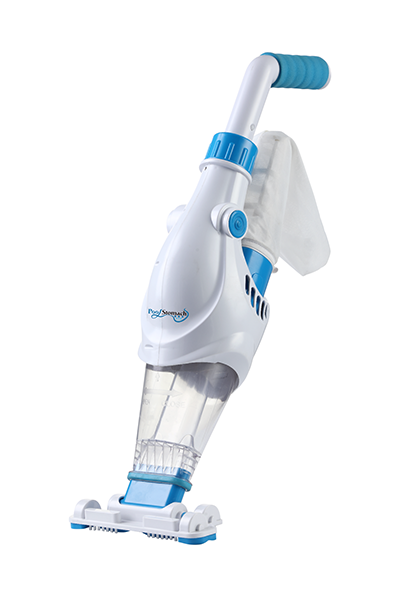
Recyclable Filter Materials
Manufacturers now use recyclable materials in pool vacuum filters. These filters often contain plastics and fibers that can go into recycling bins after use. Companies label these filters with recycling codes, so users know how to dispose of them properly. This change helps reduce waste in landfills.
Many pool owners want to protect the environment. They choose filters made from recycled or plant-based materials. Some brands even offer filter exchange programs. Users return used filters, and the company recycles them into new products.
♻️ Tip: Always check the packaging for recycling instructions. Proper disposal keeps pools clean and helps the planet.
A table below shows common recyclable materials in 2025 pool filters:
| Material Type |
Recyclable? |
Environmental Benefit |
|
PET Plastic |
Yes |
Reduces landfill waste |
|
Plant-Based Fiber |
Yes |
Biodegradable |
|
Nylon Mesh |
Sometimes |
Can be reused or recycled |
Energy-Efficient Operation
Energy-efficient pool vacuum filters use less electricity. These filters often work with low-power motors and smart sensors. The sensors adjust the vacuum’s speed based on how dirty the pool is. This feature saves energy and lowers electric bills.
Some models use solar panels to power the vacuum. Solar energy reduces the need for traditional electricity. Pool owners see lower costs and a smaller carbon footprint.
- Energy-efficient filters:
- Use less power
- Last longer
- Help protect the environment
Note: Energy-saving features make pool care easier and more affordable for families. They also support a cleaner, greener future.
Enhanced Filtration Performance
Ultra-Fine Particle Capture
Pool vacuum filters in 2025 now capture ultra-fine particles that older models often missed. These filters use advanced mesh and fiber materials. They trap dust, pollen, and even microscopic algae. Pool water looks clearer because fewer particles remain suspended.
Manufacturers test these filters with particles as small as 2 microns. For comparison, a human hair measures about 70 microns wide. Ultra-fine particle capture helps reduce cloudy water and improves swimmer comfort. People with allergies notice fewer irritants in the pool.
Did you know? Ultra-fine filters can remove sunscreen residue and tiny insects, making pool water safer and more pleasant.
A table below shows the difference in particle size capture:
| Filter Type |
Smallest Particle Captured |
|
Standard Filter |
20 microns |
|
Ultra-Fine Filter |
2 microns |
Multi-Stage Filtration Technology
Multi-stage filtration technology uses several layers to clean pool water. Each stage targets different types of debris. The first layer catches large leaves and twigs. The next layer traps sand and dirt. The final layer removes fine particles and bacteria.
This technology increases cleaning efficiency. Pool owners see less debris in the water after each cleaning cycle. Multi-stage filters also last longer because each layer protects the next one.
- Key benefits of multi-stage filtration:
- Cleaner water with fewer passes
- Longer filter life
- Better removal of bacteria and algae
Multi-stage filtration sets a new standard for pool care in 2025. Pool owners enjoy sparkling water and spend less time on maintenance.
User-Centric Innovations
App-Based Monitoring and Control
Pool vacuum filters in 2025 now connect to smartphones and tablets. Users download an app that shows real-time cleaning progress. The app displays the vacuum’s location, cleaning schedule, and filter status. People can start, pause, or stop the vacuum with a single tap. Some apps send alerts when the filter needs cleaning or when the vacuum finishes its job.
Many families enjoy the freedom to control their pool vacuum from anywhere. They check the pool’s status while at work or on vacation. The app also stores cleaning history, so users track how often the pool gets cleaned. This feature helps families plan maintenance and save time.
Tip: Set up automatic cleaning schedules in the app. The vacuum will clean the pool even when no one is home.
A table below shows common app features:
| Feature |
Benefit |
|
Real-time Monitoring |
Tracks cleaning progress |
|
Remote Control |
Starts or stops vacuum |
|
Maintenance Alerts |
Reminds users to clean |
|
Scheduling |
Automates cleaning |
Tool-Free Maintenance Features
Manufacturers design new pool vacuums for easy maintenance. Users open filter compartments without tools. Quick-release latches and snap-on covers make filter changes simple. People remove and rinse filters in minutes.
These features help families spend less time on upkeep. Children and older adults find it easier to help with pool care. Tool-free designs also reduce the risk of damaging parts during maintenance.
- No screwdrivers or wrenches needed
- Fast filter replacement
- Less mess and hassle
��️ Note: Tool-free maintenance keeps pool care safe and stress-free for everyone.
These user-focused advancements make pool cleaning easier and more enjoyable in 2025.
Integration with Pool Ecosystems
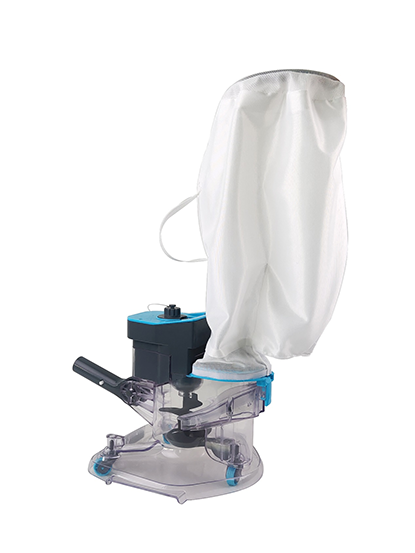
Compatibility with Smart Home Systems
Pool vacuum filters in 2025 now connect with many smart home systems. Homeowners use voice assistants like Alexa or Google Home to control their pool vacuums. They can say, “Start pool cleaning,” and the vacuum begins its job. This feature helps families who want easy control without using their hands.
A table below shows how pool vacuums work with popular smart home systems:
| Smart Home System |
Control Method |
Example Command |
|
Alexa |
Voice/Smartphone |
"Alexa, clean the pool" |
|
Google Home |
Voice/Smartphone |
"Hey Google, start pool vacuum" |
|
Apple HomeKit |
App/Automation |
Set cleaning schedules |
Smart home compatibility also lets users check the vacuum’s status from anywhere. They receive alerts if the filter needs cleaning or if the vacuum finishes its cycle. This technology makes pool care simple and convenient.
Tip: Families can set up routines, so the pool vacuum runs after everyone swims.
Seamless Integration with Pool Automation
Modern pool vacuums now work with full pool automation systems. These systems control pumps, heaters, lights, and vacuums from one dashboard. Homeowners use a single app to manage all pool equipment.
Seamless integration means the vacuum starts cleaning when the pump turns on. The system can pause the vacuum if someone enters the pool. This feature keeps everyone safe and saves energy.
- Pool automation benefits:
- One app for all controls
- Automatic cleaning cycles
- Improved safety and energy use
Pool owners enjoy a smarter, easier way to keep their pools clean. Integration with pool ecosystems sets a new standard for pool care in 2025.
- 2025’s pool vacuum filters boost cleaning power, save energy, and make pool care simple.
- Users enjoy less maintenance and cleaner water.
- Eco-friendly designs help protect the planet.
Experts predict even smarter, greener pool cleaning tools will shape the future of pool care.
FAQ
How often should someone replace a pool vacuum filter in 2025?
Most filters last longer now. Many users replace filters every 6 to 12 months. Always check the manufacturer’s guide for best results.
Can smart pool vacuums work with any pool shape?
Yes. Smart pool vacuums use sensors and AI. They clean round, oval, and rectangular pools. Some models even adjust for unique shapes.
Are eco-friendly filters as effective as traditional ones?
Eco-friendly filters trap dirt and debris as well as traditional filters. Many users report similar or better cleaning results with sustainable materials.

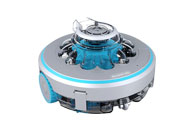 Robotic Pool Cleaner
Robotic Pool Cleaner 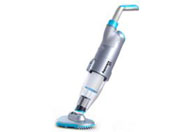 Portable Pool Vacuum Cleaner
Portable Pool Vacuum Cleaner 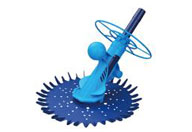 Automatic Pool Cleaner
Automatic Pool Cleaner 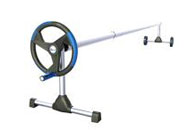 Pool Cover Reel
Pool Cover Reel 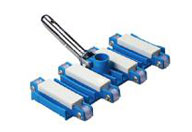 Pool Cleaning Accessories
Pool Cleaning Accessories 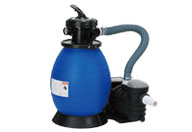 Pool Filter Pump
Pool Filter Pump 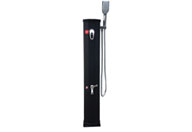 Pool Solar Shower
Pool Solar Shower 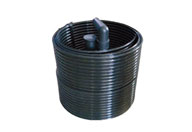 Pool Solar Collector
Pool Solar Collector 